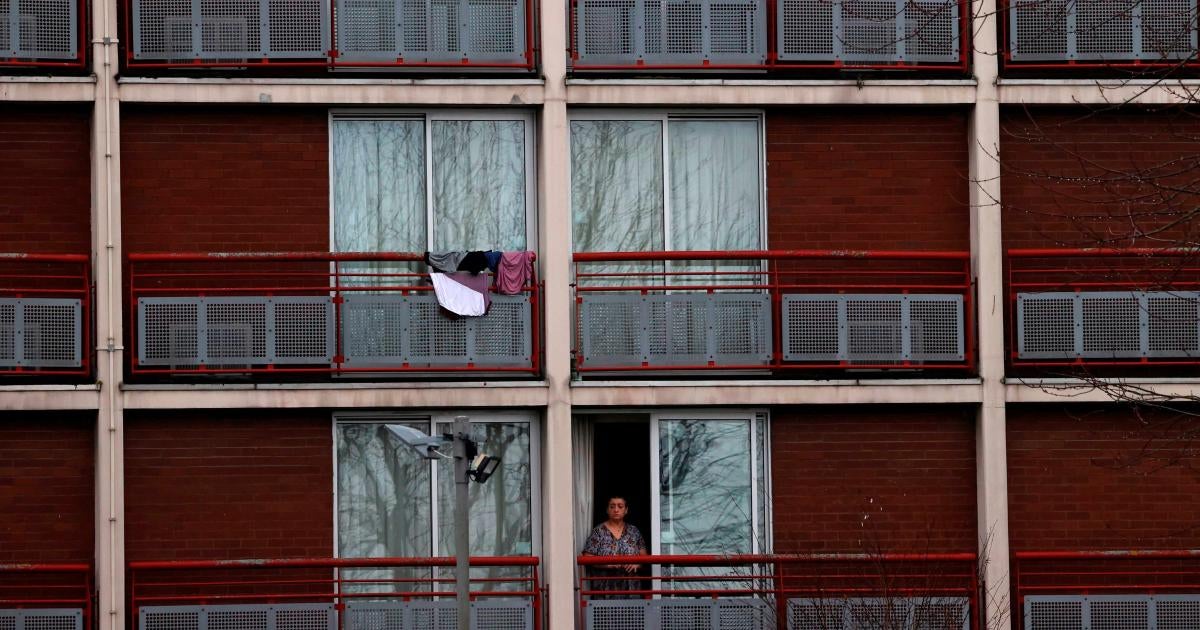More than 50 asylum seekers, most of them with disabilities, are being held in a former care home in Essex, England, without adequate support or services.
The British government opened the facility in November 2022, which can accommodate up to 77 people. Most of the people living here are between the ages of 20 and 74 and have physical or sensory disabilities. Many require assistive devices such as wheelchairs or crutches, medical assistance, or support with daily activities such as moving around and going out. They have fled countries such as Afghanistan and Sudan.
A local group, Refugees, Asylum Seekers and Migrants Action (RAMA), has been helping residents by providing assistive devices and clothing.
“The only thing that’s different to other temporary accommodation for asylum seekers is that this facility has level access and showers,” said Maria Wilby, RAMA’s operations manager. “When we opened we had no lifts, no mattresses for bedsores, nothing. Some people come here without even a change of clothes or underwear. We have to provide everything.”
The UN Convention on the Rights of Persons with Disabilities, which the UK ratified in 2009, requires governments to ensure equal access to basic services such as medical care, mental health services and psychosocial support, including for people with disabilities in situations of danger or humanitarian emergencies. Failing to do so is a form of discrimination.
Yet in the UK, asylum seekers with disabilities are denied basic services. In recent months there have been reports of asylum seekers with disabilities being confined to inaccessible temporary accommodation, unable to go to the toilet or leave for days. This is part of a wider trend of the UK government turning its back on refugees, detaining people in inadequate and inhumane conditions.
“In line with the disability movement’s motto, ‘Nothing without us’, people with disabilities should be consulted and included throughout the entire refugee process, from asylum applications to resettlement and integration,” said Benafsha Yaqobi, an Afghan disability rights activist.
UK authorities should identify asylum seekers with disabilities, ensure that they are consulted and involved in decision-making about their needs, and receive the support and services they are entitled to, in line with the UK’s international obligations. People with disabilities should no longer be left on the back burner.

